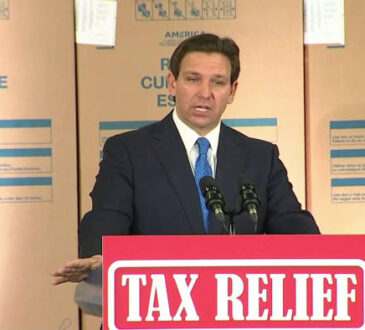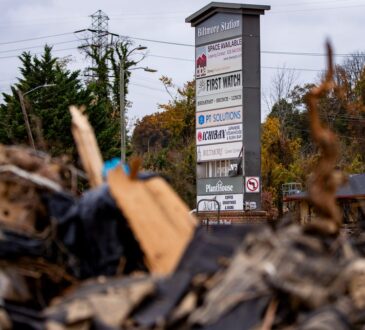8 Ways To Find The Owner Of A Property
It can be a long road to find the right house, and even when you do, it may not be for sale. Let’s take a look at a few ways to find out who owns and what to do once you find out.
1. Check Your Local Assessor’s Office
On your local tax assessor’s official website, you may be able to look up property tax records and find the property owner by their address. You can learn who owns the home as well as how much property tax they pay.
This is a great way to find out who owns a property for free. Keep in mind you may have to pay for physical documents. The tax assessor’s records can also give you an idea of what you’ll pay in taxes if you purchase the property. You could even find out if there is a lien on the property.
2. Check With The County Clerk
The county clerk’s office has public records of property, deeds, land records and other useful information when searching for the property owner. Not only will this tell you the owner of a house, but your county recorder may give you insight into the history of the property.
3. Use Your Local Library
Your local library may have a database to conduct a property search. This could be available online, or you may be able to find public records in person.
4. Look Up Owner Information Online
Sites like 411.com and Whitepages offer reverse searches where you can input the address of the home and it will give you a list of who resides there. Please note that the accuracy of these sites can vary.
You may get a list of family members or previous owners. They may require you to make an account and may charge you for the information. Given the unreliable nature of the information, you may be better off accessing records from the assessor’s office or the county clerk.
5. Ask A Real Estate Agent
If you’re already house hunting, talk to your real estate agent. Chances are they’ll access the same public records from the first three steps. If those haven’t turned up results, your agent may have access to tools they can use to dig a bit deeper.
6. Talk To A Title Company
A title company can research property deeds and perform title searches. Not only will you be able to find the owner of the property, but a title search will check for any issues of the property. This step is part of the homebuying process, but you can do it early to find out more information on the property.
Note that a title search isn’t free. You’ll have to pay a fee, usually in the range of $200 – $400.
7. Talk To A Lawyer
If the other options on this list haven’t given you satisfactory results, you could talk to a real estate attorney. They may have a few ideas for how to find the property owner if you’re having trouble.
8. Knock On Their Door Or Leave A Note
If you’re comfortable, knocking on the door might get you face-to-face with the current homeowner. If the resident isn’t the owner, they may know how to contact the owner. Make sure to be friendly and respectful to the person who answers the door. It’s possible residents or homeowners might find this move unexpected or even invasive, so trying other avenues first is recommended.
If no one answers, consider leaving a note with your contact information asking the owner to get in touch if they’d consider selling. Again, your inquiry might not be welcomed by the current resident, and even if they want to help you they may not have the information you need at the ready. It’s best to try to find out who the owner is through other methods first.




